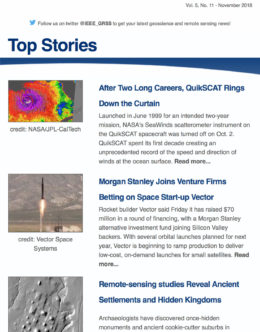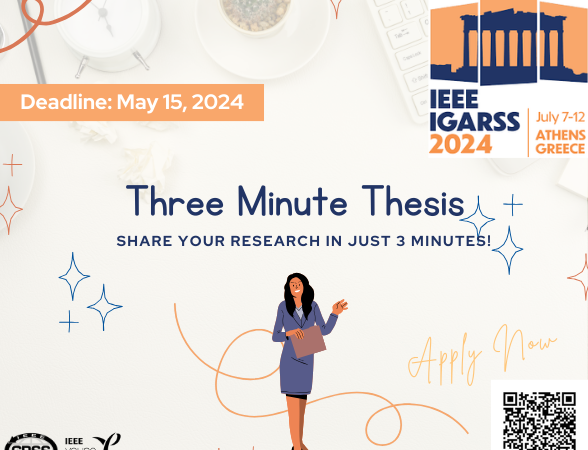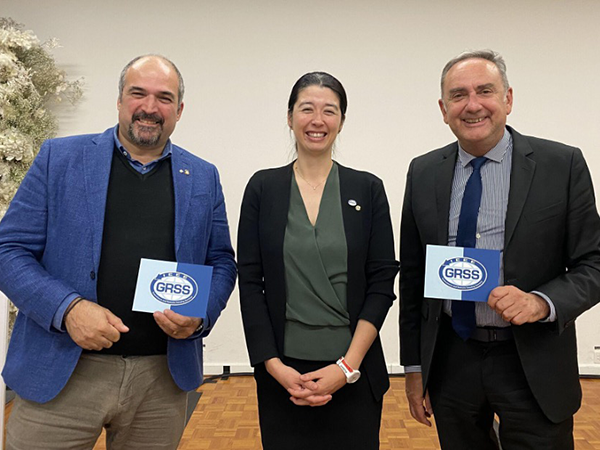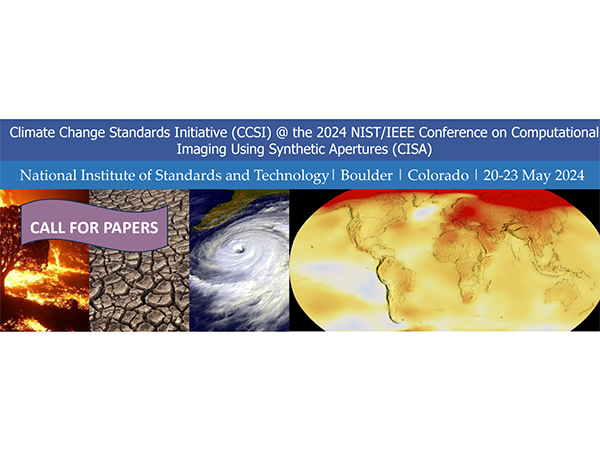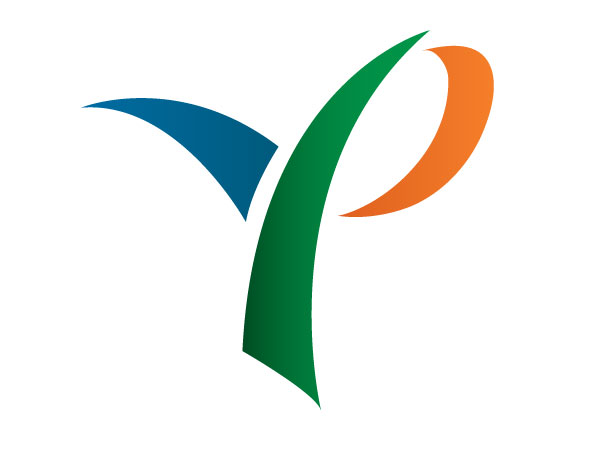Thursday, October 8, 2020
4PM US Pacific Time
Speaker: Dr. Weile Wang, NASA Ames Research Center, USA
Sponsored by GRSS and the San Francisco GRSS Chapter
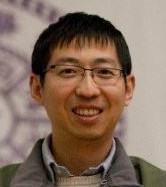
GeoNEX: Earth Observations from Operational Geostationary Satellite Systems
GeoNEX is a collaborative effort involving scientists from NASA, NOAA, JAXA/JMA, KMA/KARI to explore the feasibility of producing EOS-quality research products from operational geostationary satellite systems for climate monitoring. The latest generation of geostationary satellites (Himawari 8/9, GOES-16/17, Fengyun-4, GeoKompsat-2A) carry sensors that closely mimic the spatial and spectral characteristics of widely used polar-orbiting, global monitoring sensors such as MODIS and VIIRS. More importantly, they provide observations as frequently as 5-15 minutes. Data from various currently operating geostationary platforms provide a geo-ring of hyper-temporal, multispectral observations. Such high frequency observations, particularly when combined with data from polar orbiters, offer exciting possibilities for improving the retrieval of geophysical variables by overcoming cloud cover, enable studies of diurnally varying phenomena over land, in the atmosphere and the oceans, and help in operational decision-making in agriculture, hydrology and disaster management. This talk will highlight new research, data sets, algorithms and computational platforms that utilize data from geostationary satellites.
SPEAKER’S BIO:
Weile Wang is a senior scientist with NASA Earth Exchange (NEX) at NASA Ames Research Center and the science lead on the GeoNEX project. He conducts research on optical satellite remote sensing, terrestrial carbon cycle, and land/atmosphere interactions. He received his Ph.D. in Geophysics from Boston University and M.E./B.A in Electrical Engineering from Tsinghua University, China.









